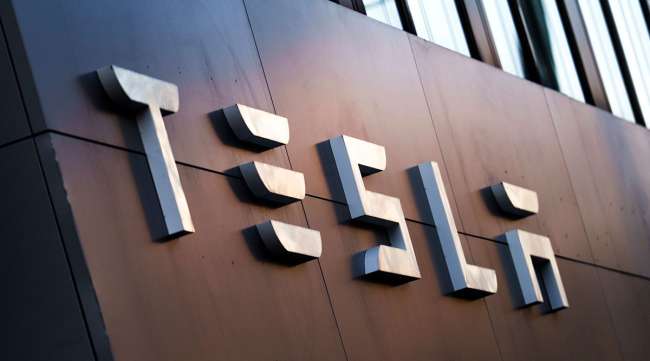事件背景
The tragic accident involving a Tesla Model 3, which occurred in Florida in 2019, claimed the life of Jeremy Banner. The vehicle’s Autopilot system reportedly failed to prevent a collision with a tractor-trailer that was crossing a highway, leading to the lawsuit that Tesla has recently settled.
The Settlement Details
Tesla conducted a confidential settlement disclosed in a court filing dated July 7, just days before a trial was scheduled in Miami over another fatal incident from the same year. This case not only signifies the seriousness of claims against the company’s driver-assistance technology but marks a crucial point in Tesla’s ongoing legal struggles surrounding safety accusations.
Context of the Lawsuit
Jeremy Banner’s case was one of the first to challenge Tesla’s claims about the safety of their vehicles. The allegations revolved around defects in the driver-assistance software, which was positioned against Musk’s assertions that Teslas are among the safest cars on the road. Investigations by the National Transportation Safety Board highlighted “inattention due to over-reliance on automation,” attributing Banner’s lack of reaction to the truck’s approach to this dependence on the Autopilot system.
Investigative Findings
Investigators noted that the Autopilot system inadequately monitored driver engagement. A report from the NTSB remarked that there was no visual or audible notification prompting the driver to regain control. The tragic event has raised significant alarm bells regarding reliance on automated systems in transportation, emphasizing the need for robust monitoring and systems that ensure driver alertness.
Further Legal Implications
A representative from Tesla opted not to comment on the specifics of the settlement, which adds to a growing list of out-of-court agreements the company has reached in lawsuits directed towards its advanced technology. The implications of these settlements may likely extend into broader discussions about accountability in the tech driving sector, especially concerning autonomous technologies and their reliability.
Expert Opinions
Attorneys involved in these cases, like Trey Lytal representing Banner’s widow, have noted that these lawsuits have contributed to holding Tesla accountable for its actions. Lytal highlighted that the justice system’s mechanisms, including jury trials, play a pivotal role in instilling accountability for such companies.
Conclusions and Logistics Considerations
This recent settlement underscores the broader discourse on how automated driving technologies impact both public safety and corporate accountability. The intersection of transportation technology and legal accountability will likely set a precedent that affects logistics companies utilizing advanced driver-assistance systems in their fleets. As the transportation sector evolves, the importance of maintaining safety while addressing operational efficiency becomes even more paramount.
最终想法
Navigating the world of logistics demands constant adaptation to new regulations and technologies. While the above incident reflects on Tesla’s challenges, companies must also consider how similar issues could arise in their operations. Adopting thorough safety protocols will ensure that the logistics of moving goods remain reliable and effective.
For those looking to streamline their logistics and transportation needs, platforms like GetTransport.com offer affordable global cargo transportation solutions. Whether it’s an office move, a home relocation, or transporting bulky items, GetTransport.com simplifies the process and ensures efficiency.
In summary, keeping a finger on the pulse of technological advancements and their implications for logistics can offer a competitive edge in today’s fast-paced environment. With GetTransport.com, it’s possible to facilitate your logistics requirements at reasonable prices, establishing a smooth path for shipment and delivery that meets diverse transportation needs. Book your cargo transportation today with GetTransport.com.

 特斯拉就导致驾驶员死亡的自动驾驶事件达成和解">
特斯拉就导致驾驶员死亡的自动驾驶事件达成和解">